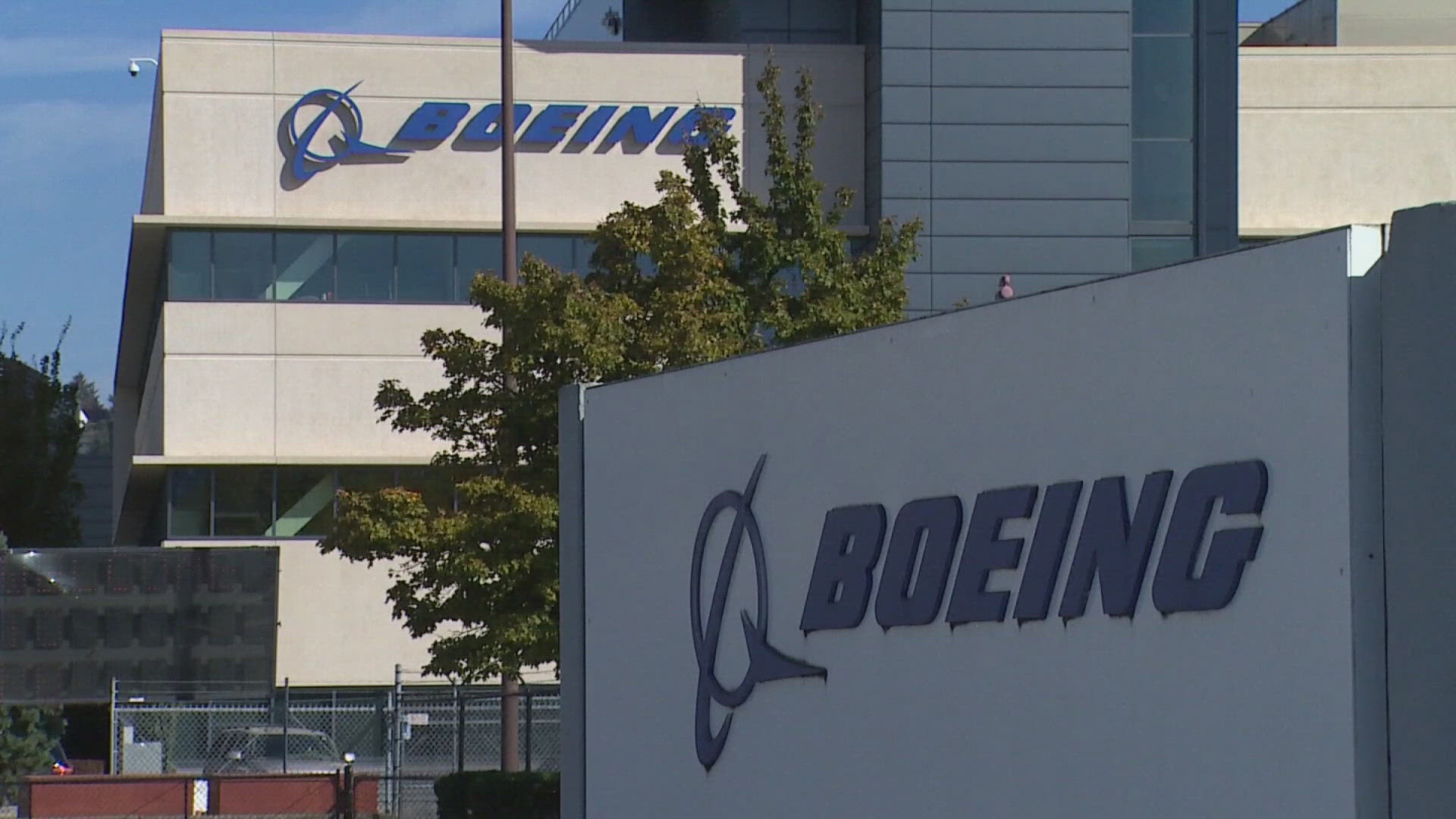ST. LOUIS — St. Louis’ scattering of private-sector economic development groups are weighing a merger under one banner, according to people familiar with the matter, with completion targeted by the end of the year.
The move would signify a remarkable shift in the region’s civic landscape, long fractured in a way that’s not comparable with its peers.
Under the plan, being shepherded by Jason Hall, a longtime state and chamber of commerce executive who now leads a civic-booster firm, the following organizations would merge:
- St. Louis Regional Chamber, the region’s chamber of commerce
- AllianceSTL, the chamber's economic development affiliate
- Civic Progress, the organization made up of the heads of the region’s largest companies and institutions
- Downtown STL Inc., a nonprofit focused on bettering downtown St. Louis
- Arch to Park, the investment firm led by Hall that has worked to analyze and coordinate development in the city's central corridor
The organizations' boards still must OK such a move.
Representatives of the organizations referred questions to a spokeswoman, Laurna Godwin, who released a statement saying they are "constantly examining ways in which we can more effectively collaborate to attract new businesses and thus new jobs to the region and help existing businesses and startups thrive."
"For the past several months, AllianceSTL, Arch to Park, Civic Progress, Downtown STL Inc., and the St. Louis Regional Chamber have all been located in the same building," One Metropolitan Square downtown, the statement continued. "That has allowed us to work more seamlessly. As a natural next step, we are exploring best-in-class models in other regions as we consider what a more consolidated economic development organization might look like. We are excited by the potential for even greater collaboration to serve St. Louis."
Not to be included in the merger are St. Louis Development Corp. and the St. Louis Economic Development Partnership, economic development organizations primarily funded by the city of St. Louis and St. Louis County, the people said.
The Regional Business Council, a consortium of presidents and CEOs from 100 of the region’s largest companies, would also not be included.
The sheer number of civic organizations in the region — along with the region’s disappointing growth — have long drawn attention.
The Business Journal in 2018 showed that St. Louis pays more for the services provided by those organizations than in its peer cities. Kansas City, Denver and Nashville spent less, often because the functions are consolidated in fewer organizations, while often performing better than St. Louis in past decades.
Click here for the full story.



